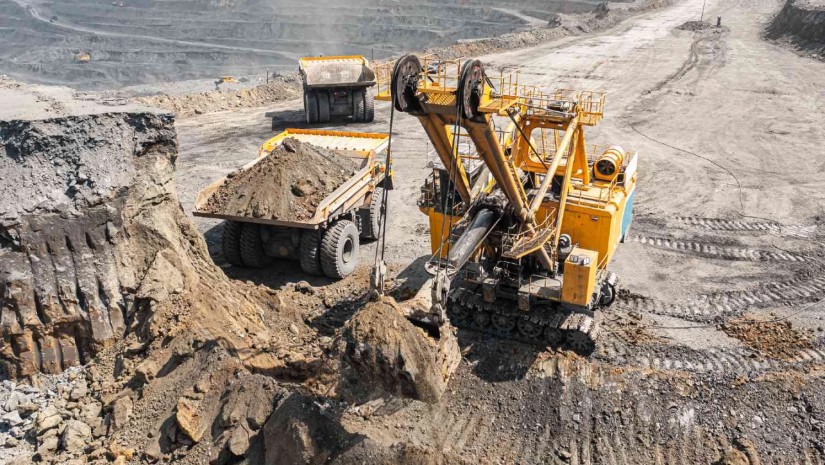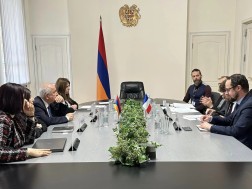Roman Khudoliy, the CEO of the Zangezur Copper-Molybdenum Plant, emphasized the strategic importance of copper in the transition to a "green" economy. His statement was made at a forum dedicated to Armenia’s mining industry.
As the largest taxpayer in the country, the Zangezur plant plays a crucial role in Armenia’s economy.
Khudoliy highlighted that global demand for copper will continue to rise with the growing production of electric vehicles. According to him, electric cars require four times more copper than internal combustion engine vehicles, news.am reported.
"To achieve the global goal of electrifying vehicle fleets by 2050, worldwide copper production must increase by 80%. This means around 195 new projects need to be realized globally," Khudoliy noted. He added that in the past 20 years, only 34 new copper mines have been launched worldwide, five times fewer than the number required just for electric vehicle production over the next 25 years.
The plant’s CEO also mentioned that manufacturers of electric vehicles, solar panels, and wind turbines are already raising concerns about the lack of resources for the transition to a "green" economy. He pointed out that leading car companies have begun investing in the mining industry, especially in copper, which is now considered a critical transition material.
Khudoliy emphasized the importance of companies and countries being able to efficiently utilize their resources amid increasing competition. He described the shift to a "green" economy and decarbonization as a significant opportunity for countries that were previously less competitive compared to hydrocarbon producers.
"Transition metals, including copper, are the oil and gas for these countries, including Armenia," Khudoliy stated.
The CEO also highlighted that the mining industry itself is rapidly evolving both dynamically and technologically, opening even more opportunities for countries and companies. He stressed the importance of cooperation between governments and companies to address challenges related to resource availability and investments in geological exploration programs.
Khudoliy believes that a state program for geological exploration is essential for Armenia’s strategic future. He also noted that new challenges require new approaches, particularly the application of new technologies that rely on science, as well as technology and equipment manufacturers.
"The use of digitization, automation, unmanned technologies, and artificial intelligence is no longer the future, but the only way to remain competitive," Khudoliy concluded.
















